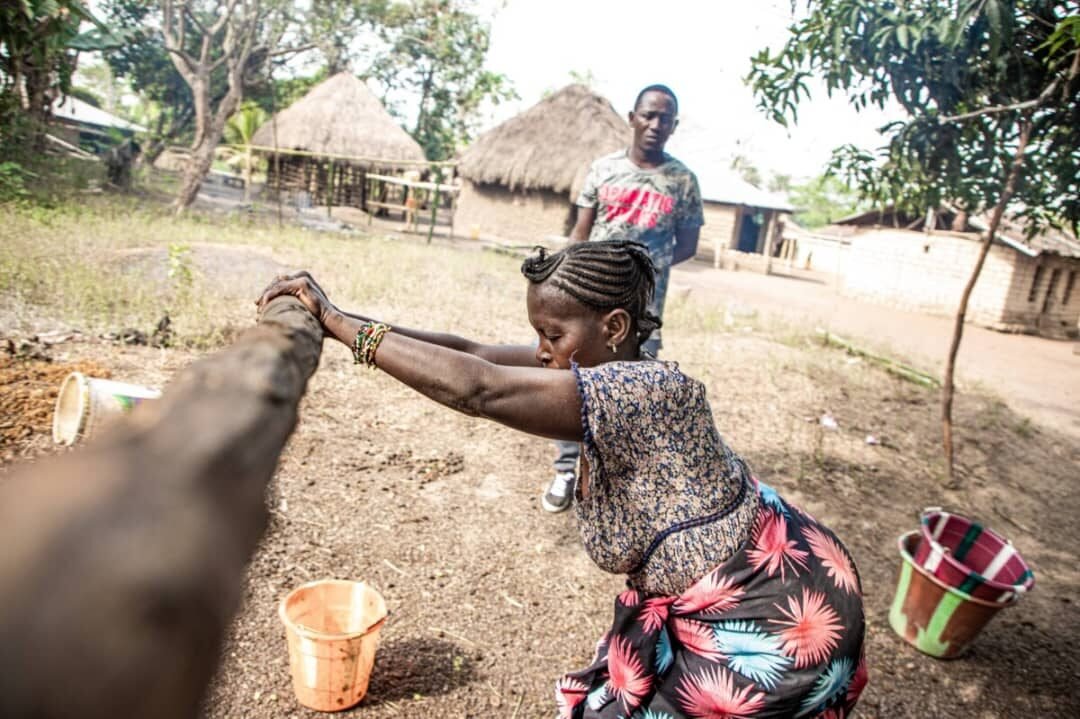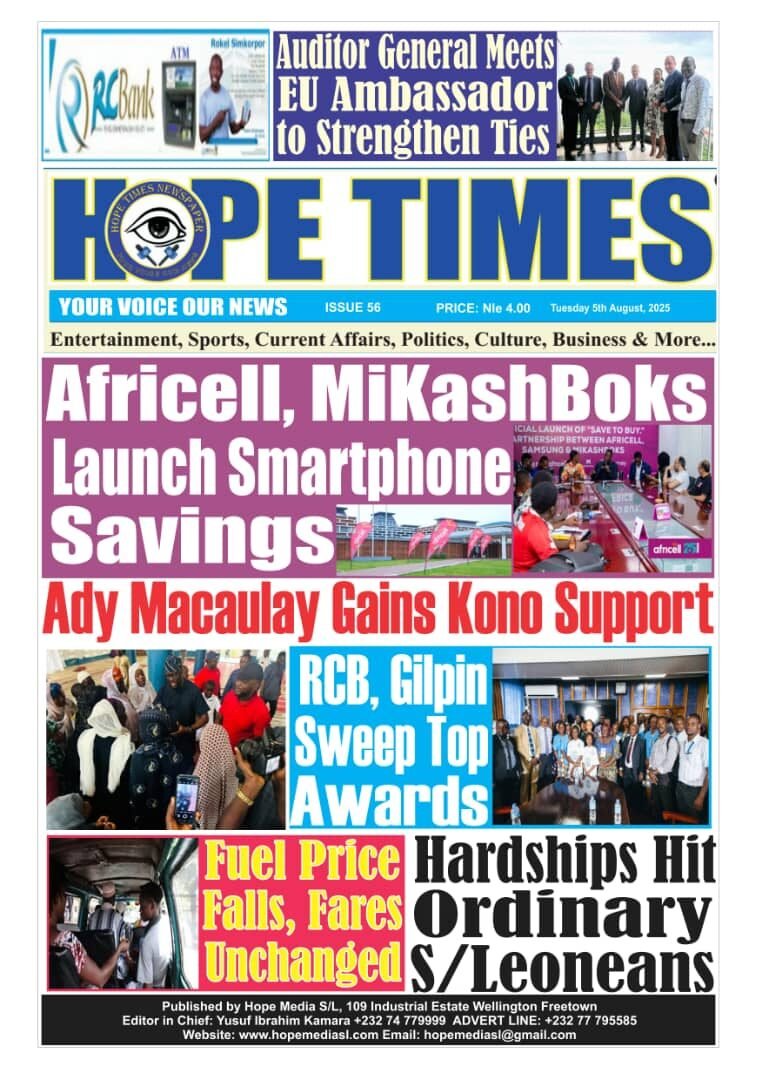Hardships Hit Ordinary S/Leoneans

By: Munya Bawoh
Sierra Leone, a West African country rich in minerals and natural resources, continues to be plagued by economic hardship, limited opportunities, and rising poverty. Despite years of promises by successive governments and billions in international aid, the daily lives of ordinary Sierra Leoneans remain marked by struggle, uncertainty, and hopelessness. From the capital Freetown to the most remote rural villages, citizens grapple with the harsh realities of survival in a system that seems to offer very little in return.
In urban centers like Freetown, Kenema, Makeni, Kono and Bo, the cost of living has outpaced the average income. A large portion of the population survives on informal trade and subsistence activities, often earning less than Le 40 per day. Meanwhile, food prices continue to soar. A bag of rice, the nation’s staple food, remains unaffordable for most families. Market women, bike riders, civil servants, and students alike have all voiced frustration over stagnant wages, lack of jobs, and a near-collapse of social services.
The situation is even more dire in both urban and rural communities, where access to clean water, electricity, healthcare, and education remains a luxury. In many villages, children walk miles to attend under-resourced schools. Clinics are without drugs or qualified staff, and pregnant women are forced to deliver under unsafe conditions. The roads connecting communities to markets are often impassable, increasing the cost of goods and stifling local economic growth.
Unemployment, especially among youth, is at an all-time high. The frustration of not finding jobs, even after years of education, has contributed to a growing sense of despair. This has led to a rise in drug abuse (notably kush), petty crime, and irregular migration. Many young people see no future in their homeland and risk their lives to seek better opportunities elsewhere.
Despite these harsh conditions, politicians and elites continue to live in comfort. There are rising concerns about corruption, misuse of public funds, and lack of accountability. Projects meant to uplift communities are either poorly implemented or abandoned. Citizens often question: where is the promised “bread and butter” agenda? Why are healthcare, education, and roads still substandard after over 60 years of independence?
Civil society organizations have called for inclusive policies, proper resource allocation, and stronger governance structures. There is a growing demand for transparency, youth employment programs, agricultural investment, and social welfare schemes. Citizens want not just survival, but dignity, opportunity, and hope.
Sierra Leoneans are resilient, but their resilience should not be mistaken for contentment. The daily struggles of families across the country serve as a constant reminder that urgent action is needed. Leadership must now be people-centered, not party-centered. Policies must translate into real change, not just political rhetoric.
Until such a time, Sierra Leone remains a nation where survival is a daily fight, a place where the ordinary citizen carries the heaviest burden while holding onto the slimmest hope of a better tomorrow.
Stay Updated! 📩
Subscribe to our newsletter for the latest news, insights, and exclusive updates. Don't miss out



